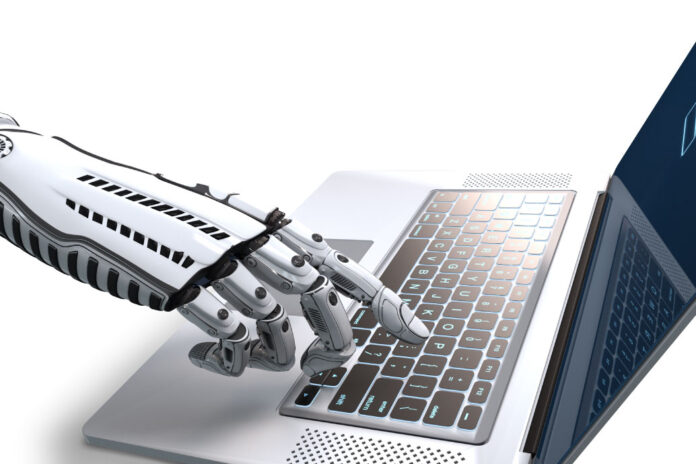The technological revolution of recent years, driven by artificial intelligence, automation, and advanced data analysis, has been transforming business models and, with them, the most strategic positions within companies. Roles that were unknown until recently now hold key positions in areas such as technology, finance, risk, and operations — being at the top of the list of the most valued (and difficult to hire) in the market.
With the advancement of generative AI tools, the increasingly sophisticated use of data, and the pursuit of efficiency and scale, new roles have emerged. According to a LinkedIn survey, 10% of professionals hired in 2024 hold positions that did not exist in the 2000s, such as data scientist, sustainability manager, and artificial intelligence engineer. The study surveyed over 2,000 HR professionals in 10 countries, as well as 5,000 platform users and executives. Data indicates that the skills demanded by the market today must be replaced or significantly altered by 2030. In Brazil, 9 out of 10 business leaders acknowledge that the demand for new competencies and roles is growing at an accelerated pace.
“We are at a turning point. Artificial intelligence has gone from being a promise to being an active part of companies’ strategies, especially in financial and operational areas,” highlights Thiago Oliveira, CEO of Monest — a company that recovers assets through debt collection by a virtual agent named Mia, connected by artificial intelligence.
For the CEO, the need for professionals who combine technical expertise with business acumen has never been so urgent. “Today, it is impossible to scale an operation without intelligent automation. The most valued positions are precisely those that connect technology to real impact on results,” he adds.
Check out five roles that were born — or gained strength — with the rise of artificial intelligence and are now among the most sought after in the market:
- Prompt Engineer
With the rise of platforms like ChatGPT, Claude, and Gemini, companies have been looking for professionals specialized in creating optimized commands to extract the best performance from generative AI. This role requires logical reasoning, language clarity, and technical understanding — and is already valued in areas such as customer service, legal, HR, and product development.
- Financial Automation Specialist
The need to automate manual and repetitive tasks in financial areas — such as bank reconciliation, cash flow analysis, and delinquency control — led to the emergence of professionals specialized in implementing and operating intelligent systems. They connect data, platforms, and routines focusing on efficiency, scalability, and reduction of human errors.
- Business-focused Data Scientist
More than interpreting data, this professional translates information into practical decisions and financial strategies. They work in predictive analytics, risk modeling, pricing, and identifying opportunities. AI is further enhancing the ability of these specialists to create real impact in companies.
- Applied AI Analyst
Different from the traditional AI developer, this role focuses on adapting and applying existing artificial intelligence tools to solve specific business problems. In financial companies, these professionals are optimizing everything from credit modeling to automation of collections and customer service.
- AI and Data Governance Specialist
With the increasing use of algorithms in critical decisions, such as credit granting or financial transactions, there is an increased demand for professionals capable of ensuring compliance, transparency, and accountability in AI usage. This role involves bias assessment, model validation, and technological compliance.
According to Thiago Oliveira, these positions reflect a deeper change in the role of technology within companies: “Previously, technology was support. Now, it is at the core of decision-making. And those who master the logic of AI, data, and automation are naturally closer to leadership,” he concludes.









